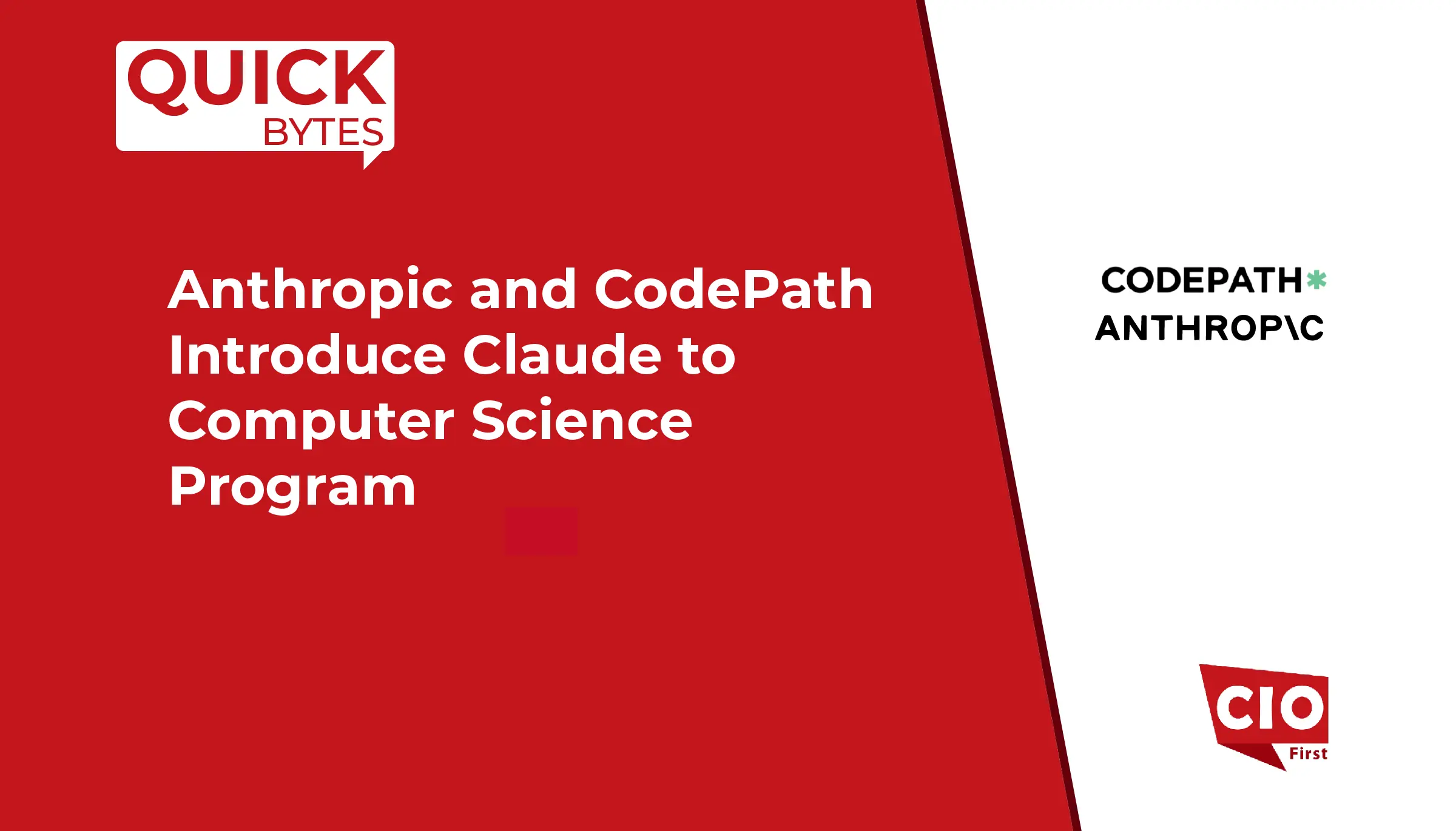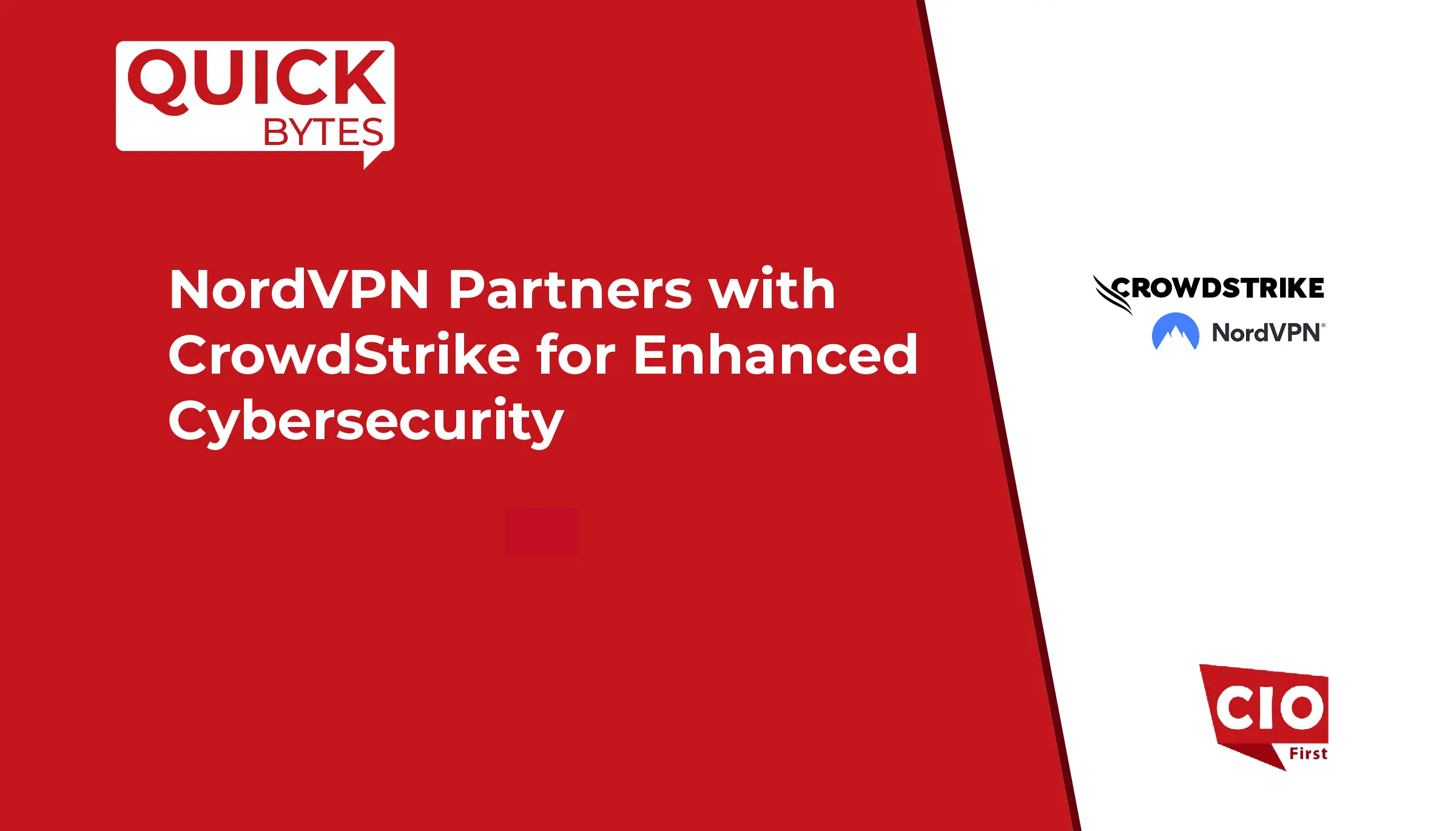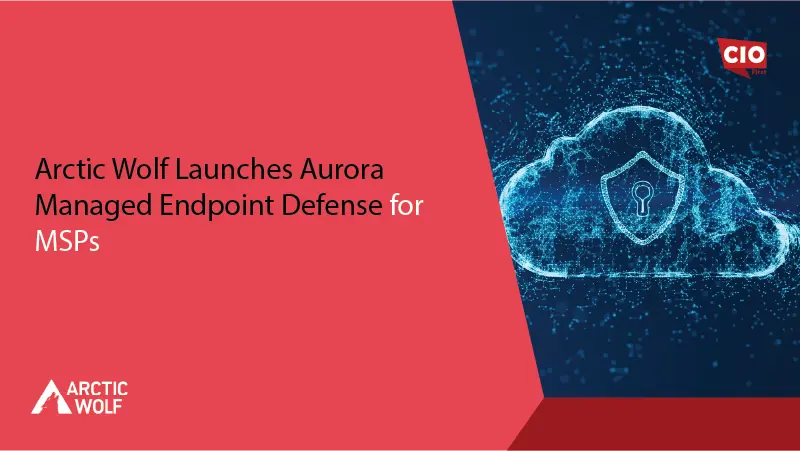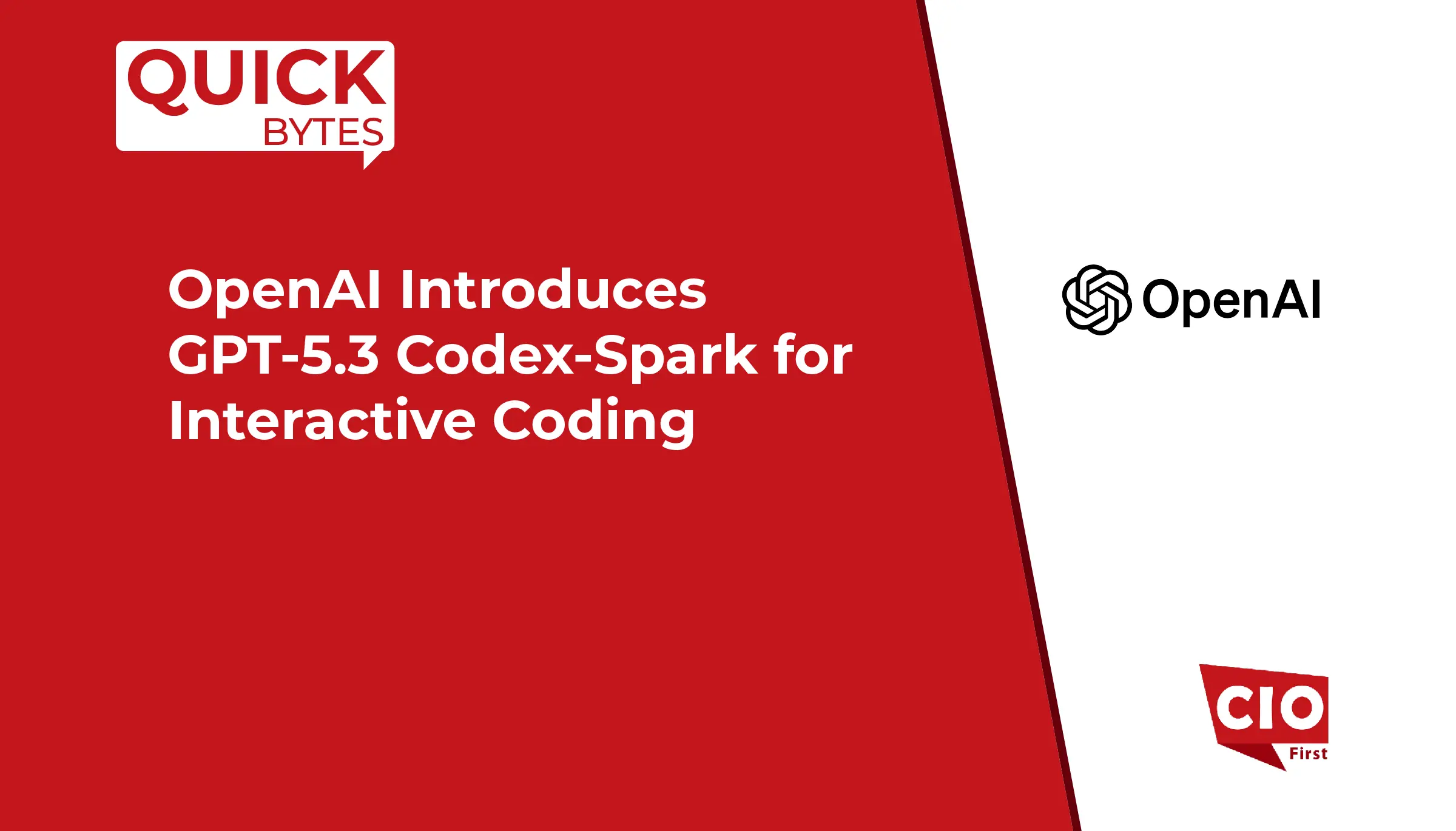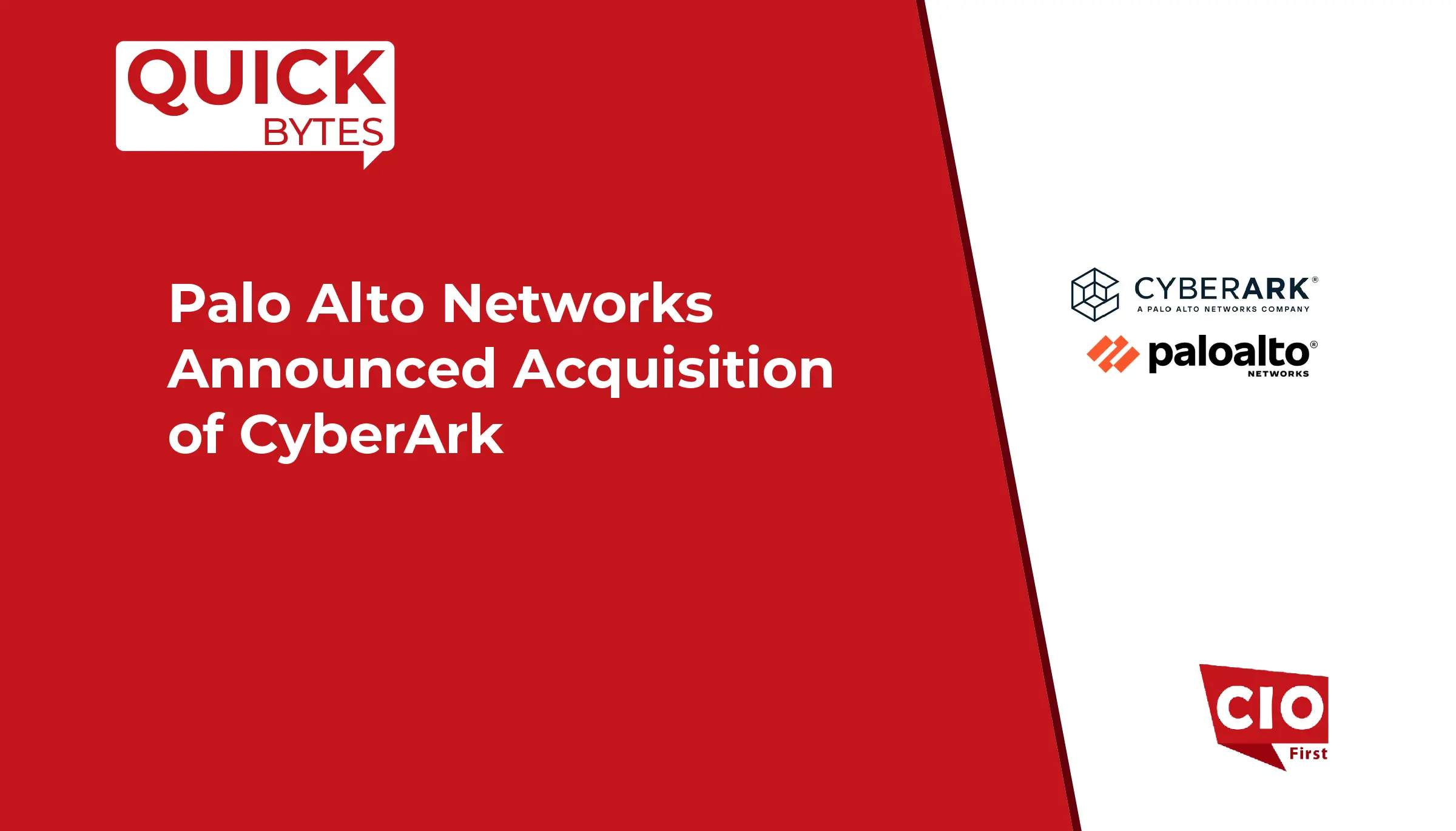MinIO, the leader in high-performance object storage for AI, unveiled MinIO DataPod – a first-of-its-kind reference architecture for building data infrastructure to support exascale AI and large scale data lake workloads. This release extends MinIO’s momentum as the de facto object storage technology for AI.
In addition to MinIO DataPod, MinIO is announcing its recognition on the InfraRed 100, which honors 100 transformative companies in cloud infrastructure, and its receipt of an AI Breakthrough Award as the best overall AI-based analytics company. These industry honors highlight the growing impact and adoption of MinIO object storage for AI.
“MinIO has a near cult-like following with developers, data engineers, data scientists and AI practitioners – and for good reason. Superior data management and analytics are two must-haves to derive the most value from corporate data and enterprises are constantly collecting and storing data for AI applications,” said Steve Johansson, managing director, AI Breakthrough. “MinIO is built to power analytics with scalability that allows organizations to expand their storage capacity on-demand, ensuring smooth data access and high-performance computing. MinIO delivers everything developers require to create the analytics and AI/ML apps that businesses need to excel.”
As deep learning workloads within AI scale towards exabyte levels, the complexity and cost of AI data infrastructure increases. AI data infrastructure needs to support high concurrency, handle varied I/O workloads across different AI pipeline phases, deliver extremely high throughput, and ensure low latencies. It also needs to minimize total cost of ownership (TCO), and at exascale, there is no model that supports keeping that data in the public cloud with its data access and egress charges.
With the release of MinIO’s Enterprise Object Store earlier this year, the product is tailored for large-scale AI/ML, data lake and database workloads and is software-defined – running on any cloud or on-premises infrastructure. With AI workloads demanding a unique combination of hardware and software-defined storage, MinIO’s new infrastructure blueprint makes it simple and straightforward for Infrastructure administrators to set up the required commodity off-the-shelf hardware with MinIO enterprise object store, resulting in improved overall time-to-market and faster time to value from AI initiatives across organizations within the enterprise landscape.
“2023 was the year of experimentation with generative AI, but in 2024, companies will look to move these workflows into production, leaning heavily on the foundational data infrastructure behind them,” said AB Periasamy, co-founder and co-CEO at MinIO. “We’re seeing customers increase their storage footprints by 4x to 10x to support AI initiatives, while repatriating workloads back to the private cloud because the financial math dictates it – everything you do in the public cloud, you can do on the private cloud, but at a savings of 60%-70%. MinIO DataPod provides the roadmap for building a data infrastructure that seamlessly scales with AI deployments, while keeping costs in check.”
“MinIO is essential to Microblink, an AI-powered document scanning and verification company, as our global clients rely on us for the highest level of data security,” said Filip Suste, Engineering Manager – Platform Teams, Microblink. “MinIO allows us to provide that while maintaining complete control over our infrastructure. Additionally, immediately upon migrating to MinIO, we realized a cost savings of more than 60%.”
As object storage has become foundational for AI infrastructure, MinIO stands alone miles ahead of the competition because this is exactly what it was designed for: storing massive volumes of structured and unstructured data and providing performance at scale.
SOURCE: PRNewsWire







